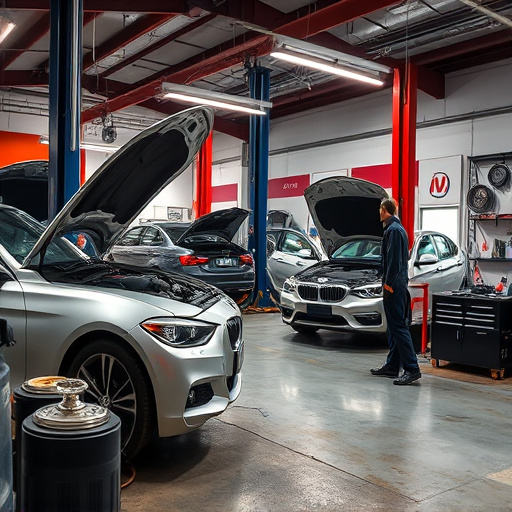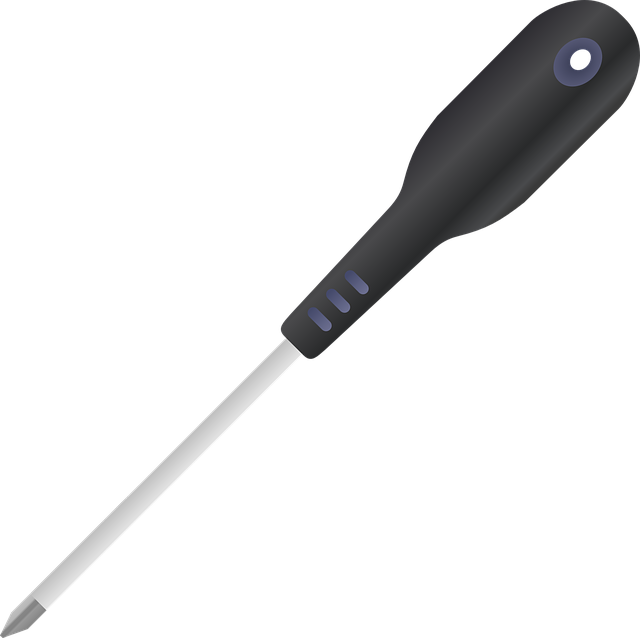Evaluating severity, cost estimates, future problems, and environmental impacts is crucial for making repair vs replace decisions to maximize car longevity and value. For minor issues, repair is preferable; for major problems, replacement could extend lifespan despite higher upfront costs, potentially saving money later. Weighing these factors ensures reliable and safe vehicle performance.
In the realm of car maintenance, understanding the distinction between repairing and replacing components is crucial. This article delves into the impact of repair decisions, exploring how choosing to fix versus replace can significantly affect both vehicle longevity and financial health. We analyze various factors influencing replacement choices, offering strategies for making informed maintenance calls to ensure optimal vehicle care. By weighing the pros and cons of repair vs. replace decisions, drivers can navigate their maintenance needs effectively.
- Understanding the Impact of Repair Decisions
- Factors Influencing Replace Choices
- Strategies for Making Informed Maintenance Calls
Understanding the Impact of Repair Decisions

Making repair vs replace decisions is a crucial aspect of car maintenance that can significantly impact your vehicle’s longevity and overall value. Understanding the implications of choosing to fix or replace damaged components is essential for every car owner. When faced with a choice, evaluating the severity of the issue, cost estimates, potential future problems, and environmental considerations comes into play.
For instance, a minor car dent removal might be a viable repair option, preserving the vehicle’s aesthetic appeal and structural integrity without breaking the bank. Conversely, major repairs like replacing a faulty engine or extensive vehicle bodywork may be more expensive but could extend your car’s lifespan, potentially saving you money in the long run by delaying the need for a complete replacement. Weighing these factors allows car owners to make informed decisions, ensuring their vehicles remain reliable and safe on the road.
Factors Influencing Replace Choices

When considering whether to repair or replace damaged car parts, several factors come into play. One significant aspect is the cost estimation for both options. While repairs often present a more affordable short-term solution, replacements might be necessary for severe damages. For instance, a cracked windshield may be reparable, but extensive frame damage would typically require replacement, especially in luxury vehicles like Mercedes Benz.
The complexity of the repair also influences these decisions. Simple fixes like tire replacements or battery changes are straightforward and usually favor repairs. Conversely, intricate processes such as frame straightening after a collision can be time-consuming and costly, making replacement more appealing despite the initial expense. Body shop services thus play a crucial role in guiding vehicle owners through these choices.
Strategies for Making Informed Maintenance Calls

Making informed decisions regarding car maintenance is an art, especially when it comes to navigating the repair vs. replace dilemma. With ever-evolving automotive technologies and varying budget constraints, owners must become adept at evaluating their vehicle’s needs. One crucial strategy involves delving into the root cause of the issue – is it a minor fix like a bumper repair or something more complex requiring vehicle paint repair? Understanding these nuances can significantly impact your wallet and vehicle’s longevity.
Additionally, comparing quotes from multiple reliable workshops can offer valuable insights. For instance, consider the cost-effectiveness of car collision repair versus opting for a new part. Sometimes, a simple bumper repair might be all that’s needed, saving you substantial costs. This proactive approach ensures owners make informed choices, enhancing their vehicle’s performance and preserving its value while efficiently managing maintenance expenses.
When facing repair versus replace choices for car maintenance, a balanced approach is key. Understanding the impact of repairs and knowing the influencing factors empowers vehicle owners to make informed decisions. By implementing strategic considerations, one can navigate this equilibrium effectively, ensuring their automotive needs are met while optimizing costs and extending vehicle lifespan. Making the right call between repairing or replacing is a skill that every car owner can develop with knowledge and careful consideration.














